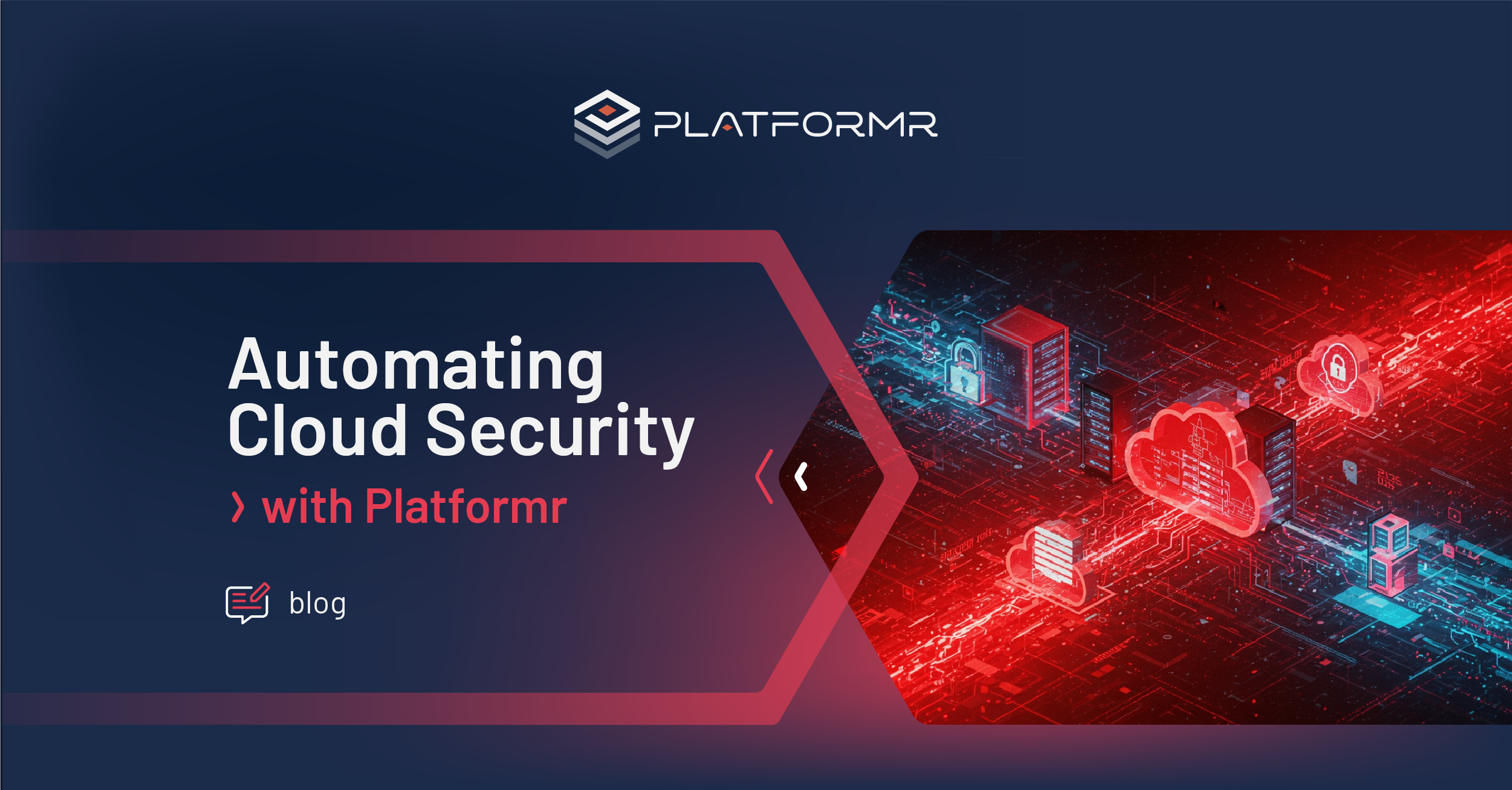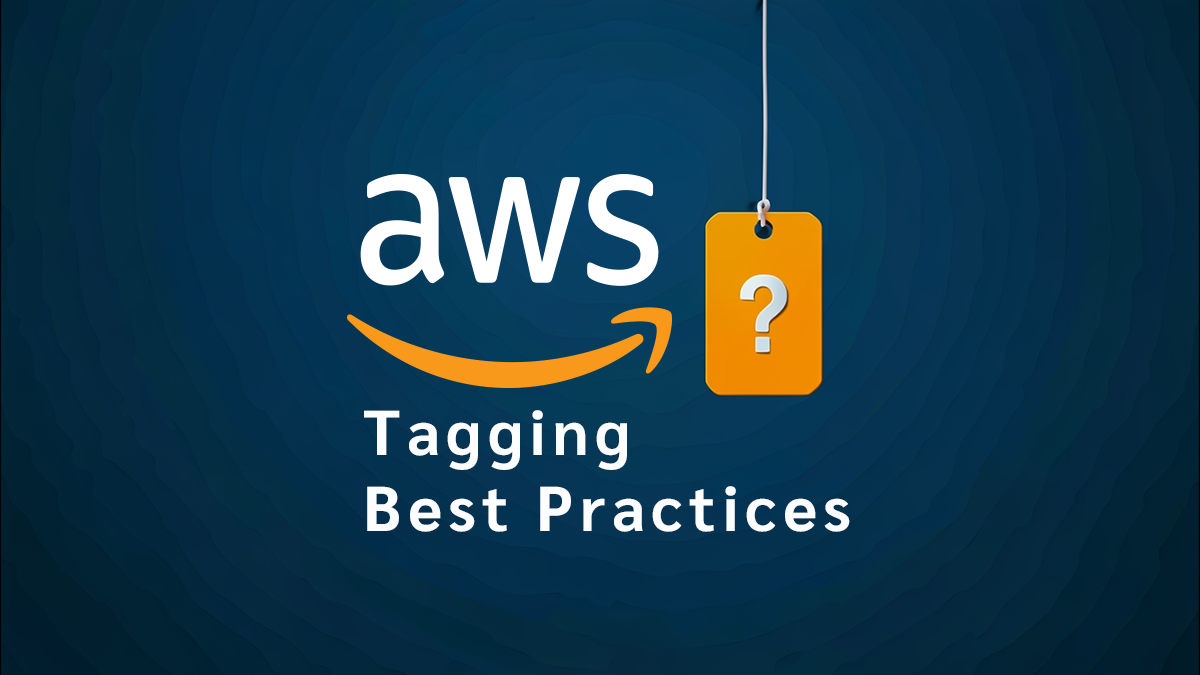Where We’ve Been: The Rise of DevOps
10 years ago, the software industry was undergoing a transformation that saw the rise of the DevOps Engineer. A perfect engineer who could do it all—build infrastructure, develop software, bring IT security, reliability, and business governance expertise—and most importantly, accomplish it with automation and no human error.
As a methodology, DevOps merged tools, practices, and philosophies for accelerating application development and delivery, giving companies the ability to better serve their customers and beat out the competition.
The problem was that DevOps engineers were hard to find, and even harder to hire. In reality, it was a rare combination to be an expert in both software development and infrastructure best practices. Slowly, the industry learned that lesson and began to see the necessity of separating the two. It also learned how to better support both disciplines.
-
- For software engineers, DevOps offered ways to improve processes and automate repeatable tasks but also added new operational responsibilities to teams struggling to keep up with new cloud native technologies, agile, continuous development, security rules, and compliance regulations.
-
- For DevOps engineers, even though they were improving infrastructure with versioning and automation, they had to play the same role multiple times if they supported more than one software development team. With every team, they still had to build out a platform, create custom CI/CD pipelines, write security and reliability rules, translate business requirements to technology, tag all the resources to run reports, and more.
The next evolution for platform engineering includes outsourced solutions that address Cloud Governance at their core, with platforms that are easy to set up and affordable to adopt.
Good Intentions, Poor Execution
While smaller companies struggled to afford or recruit outsourced DevOps roles, mid market and enterprise companies with large development and DevOps teams were under increasing pressure from the additional responsibilities. In many cases, DevOps engineers became unintentional bottlenecks for productivity as they struggled to educate developers about business governance requirements and manage platforms across multiple development teams with different technology solutions.
As DevOps matured, the situation forced a reconsideration of how to unburden development teams from the undifferentiated heavy lifting of managing infrastructure. What emerged was platform engineering, a DevOps solution that normalized infrastructure based on business needs and allowed software engineers to return to creating quality code and solving business problems.
What is Platform Engineering?
Platform engineering takes the tool sets, processes, and best practices from DevOps a step further, providing a framework across an entire organization for automating business governance, repeatable development tasks, security requirements, reliability, observability, and other aspects of maintaining low-level infrastructure.
Just as frameworks such as .NET MVC, Laravel, Ruby on Rails, Django and more replaced the redundant scaffolding software developers used to do 10-20 years ago, platform engineering saves DevOps and software development teams time, enforcing business governance, increasing their productivity, and helping them deliver higher quality products.
Benefits of Platform Engineering:
-
- Eliminates the need for software engineers and DevOps teams to install, configure, and maintain tools, services, and infrastructure
-
- Decreases the amount of time DevOps engineers spend customizing tools and processes for multiple development teams
-
- Accelerates software development
-
- Provides scalable tool sets across multiple development teams and uses cases
-
- Improves flexibility to scale
-
- Reduces security and compliance risks
Platform engineering saves DevOps and software development teams time, enforcing business governance, increasing their productivity, and helping them deliver higher quality products.
Lessons Learned
While platform engineering is relatively new to the industry, lessons learned have already begun shaping best practices companies should adopt. For instance, it is important to be intentional when defining the depth of normalization, as an approach that is too broad will have a detrimental effect on velocity and performance.
Unfortunately, most organizations have yet to tap platform engineering’s true potential. Instead, they perceive it as only a framework and solution for helping developers get code into a production environment quickly. The fact is that platform engineering is rapidly evolving to create a far greater impact on your business.
Where We’re Heading: Cloud Governance & CloudOps
Beyond ensuring developers work faster and stay focused on building solutions, platform engineering can also solve one of the biggest pain points software and DevOps engineers face—the need for better Cloud Governance, including security, reliability, performance, observability, costs, and operations (CloudOps).
While many companies are making significant investments in building their own platform engineering solutions, they often narrow their focus by serving only software developers and miss the opportunity to include critical business governance rules such as the Recovery Point Objective (RPO).
The next evolution of platform engineering includes outsourced solutions that address Cloud Governance at their core, with platforms that are easy to set up and affordable to adopt.
As one of these solutions, Platformr was built based on decades of experience developing cloud-native applications, managing migrations, and conducting hundreds of AWS Well-Architected reviews. In those reviews, the lack of centralized business governance surfaced again and again as the primary infrastructure issue—regardless of use case or workload type.
Designed with opinionated architecture based on AWS best practices and the Well-Architected Framework, Platformr Foundation centralizes Cloud Governance by helping companies translate their business requirements into secure, reliable, performant, cost optimized, and operationally sound technology solutions. In addition, Platformr has built Workload Factory, which that allows developers to leverage out-of-the-box, opinionated AWS reference architecture for all workload environments—Development, QA, Staging, Production, Disaster Recovery—so they can focus on building better solutions, faster. With these fundamental principles and tools in place, DevOps and software development teams can focus on driving value.
Summary
Platform engineering continues to evolve as a new category of products for DevOps, driving value in the cloud for companies and teams of all sizes. By addressing Cloud Governance and CloudOps, normalizing infrastructure, and standardizing scalable, reusable tool sets, these new platforms liberate software developers and DevOps engineers from the mundane tasks of deploying and managing infrastructure—putting them back on stage with a starring role in the success of their business.
– Ryan Comingdeer, CEO Platformr







